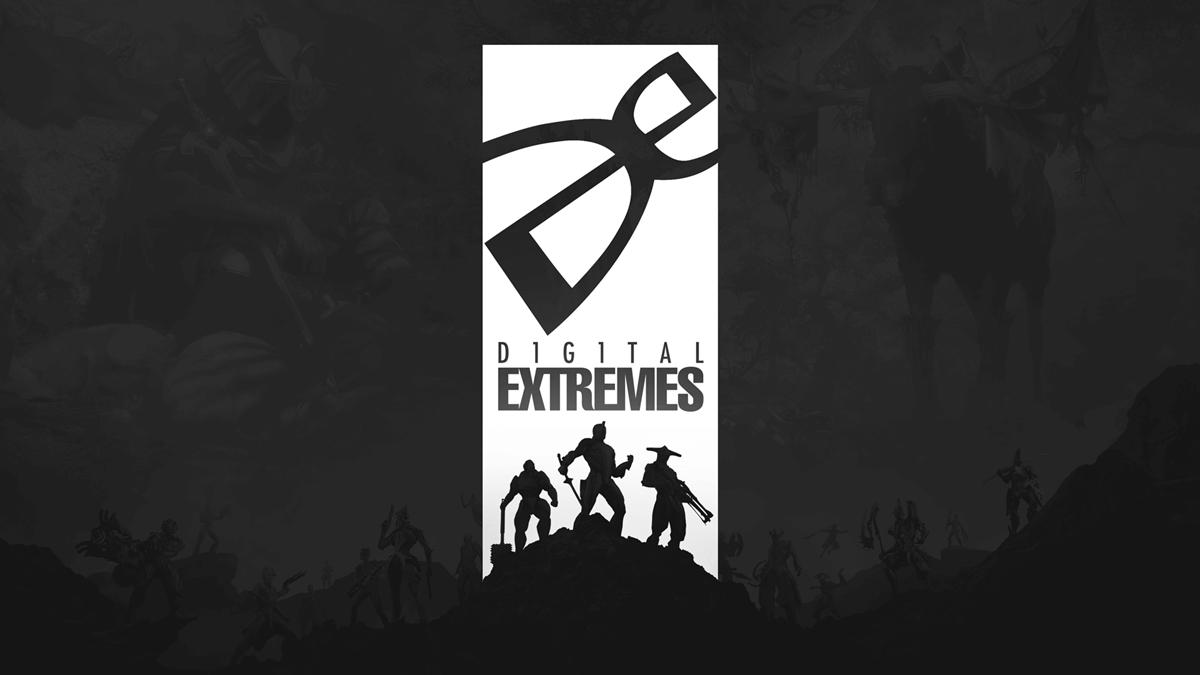

The intention of the politicians expounding this isn’t even to improve outcomes, it’s to improve election performance, and they don’t care who has to be thrown under the bus to accomplish it. They don’t care whether or not it improves outcomes as long as it engages their voters. And right now, their voters want to see the right people get hurt.
















It was a strange take in the 1980s when the disease model was the best we had. Today it is well accepted that most drugs alone don’t typically produce addiction. Just not by conservative voters, who still act like addiction is a moral failing, because people choose to do drugs “the first time,” and then become “chemically addicted”.
Please see, for example: https://www.unodc.org/unodc/en/data-and-analysis/bulletin/bulletin_1999-01-01_1_page005.html